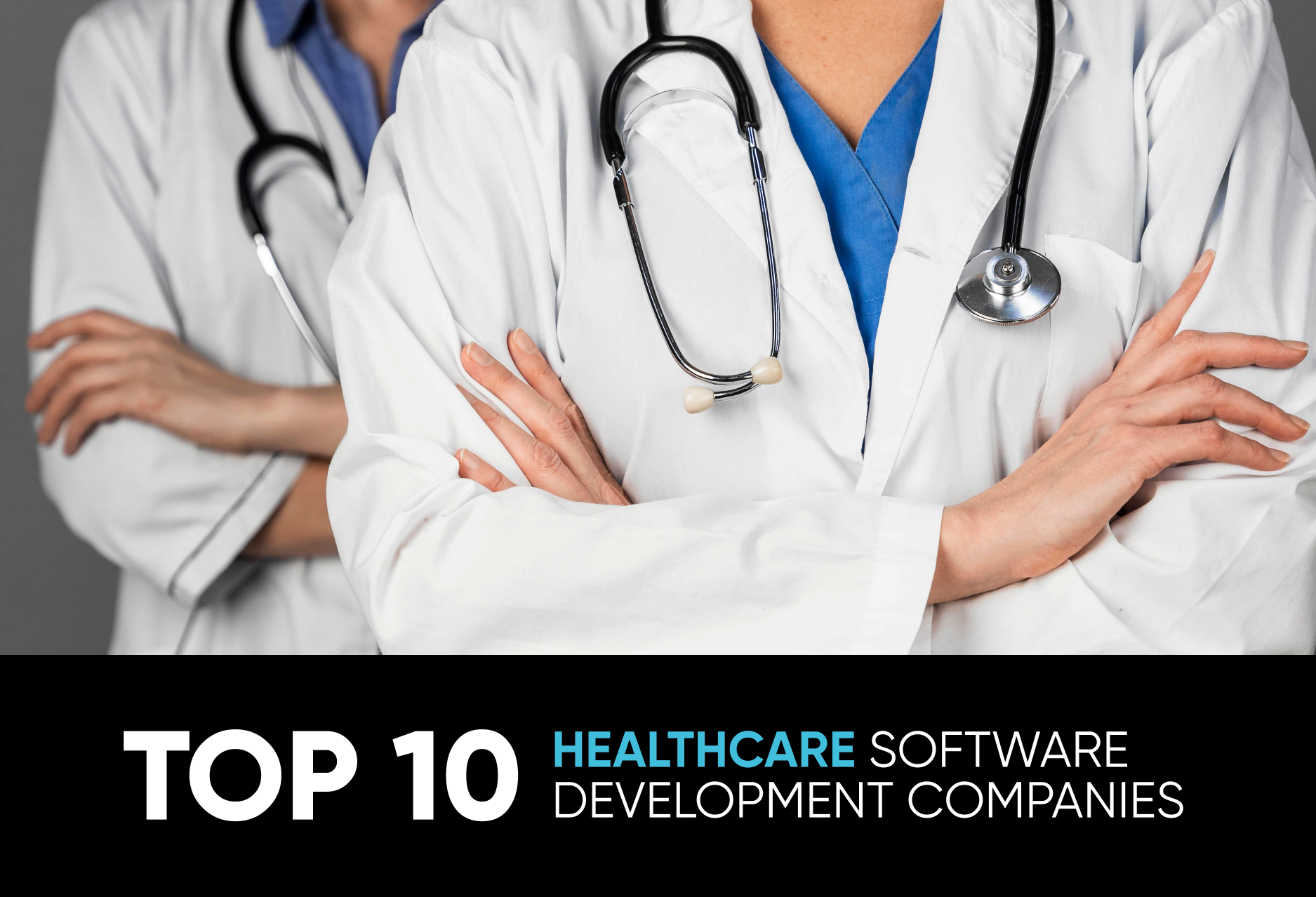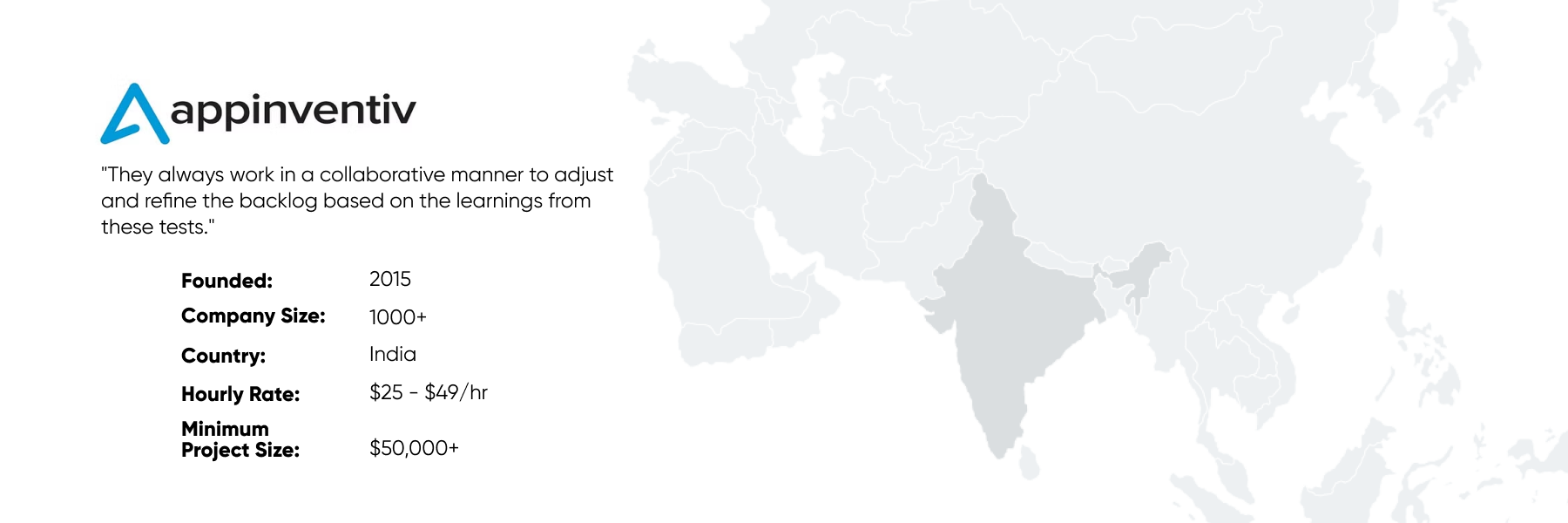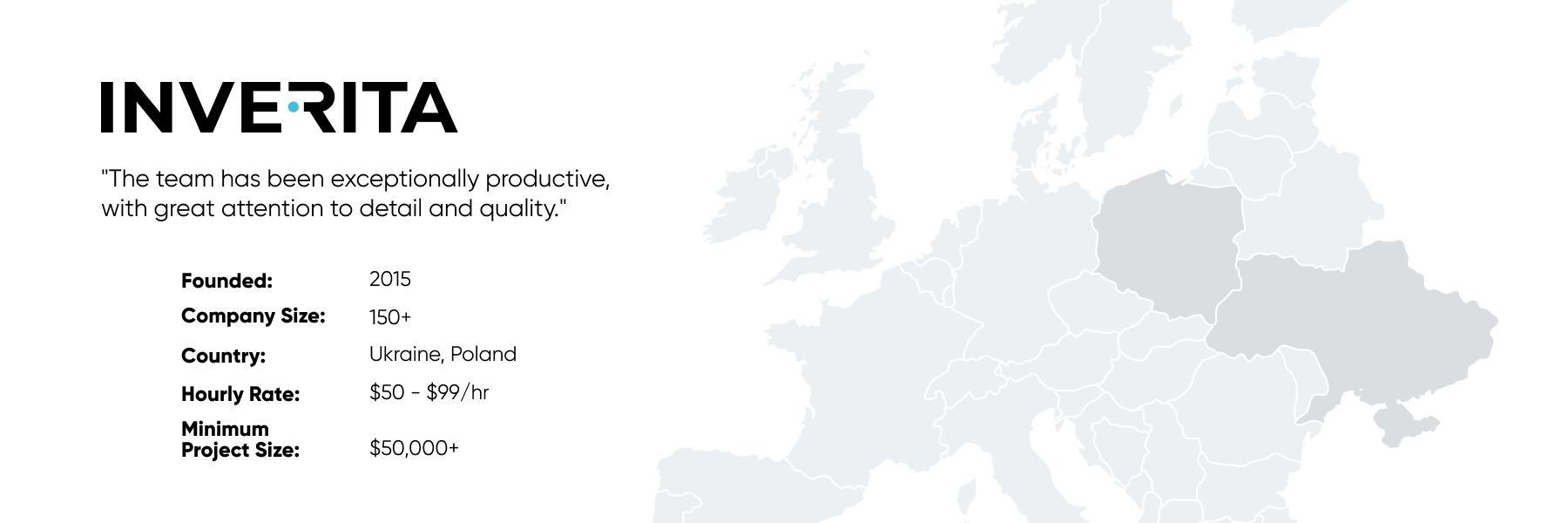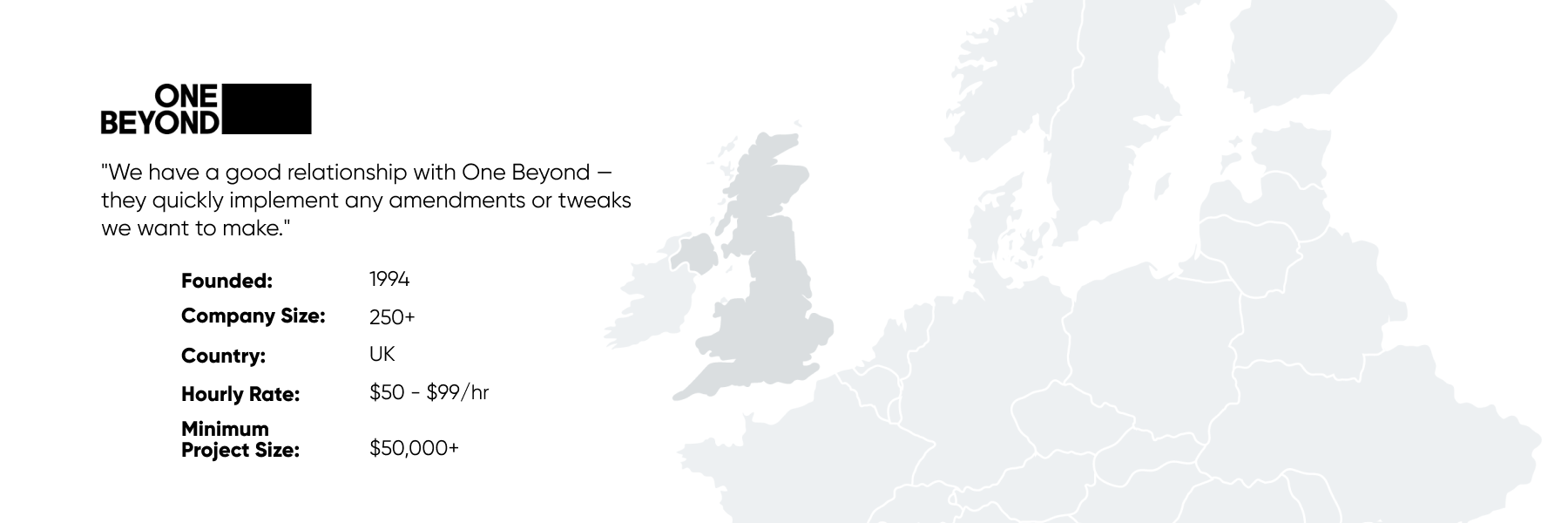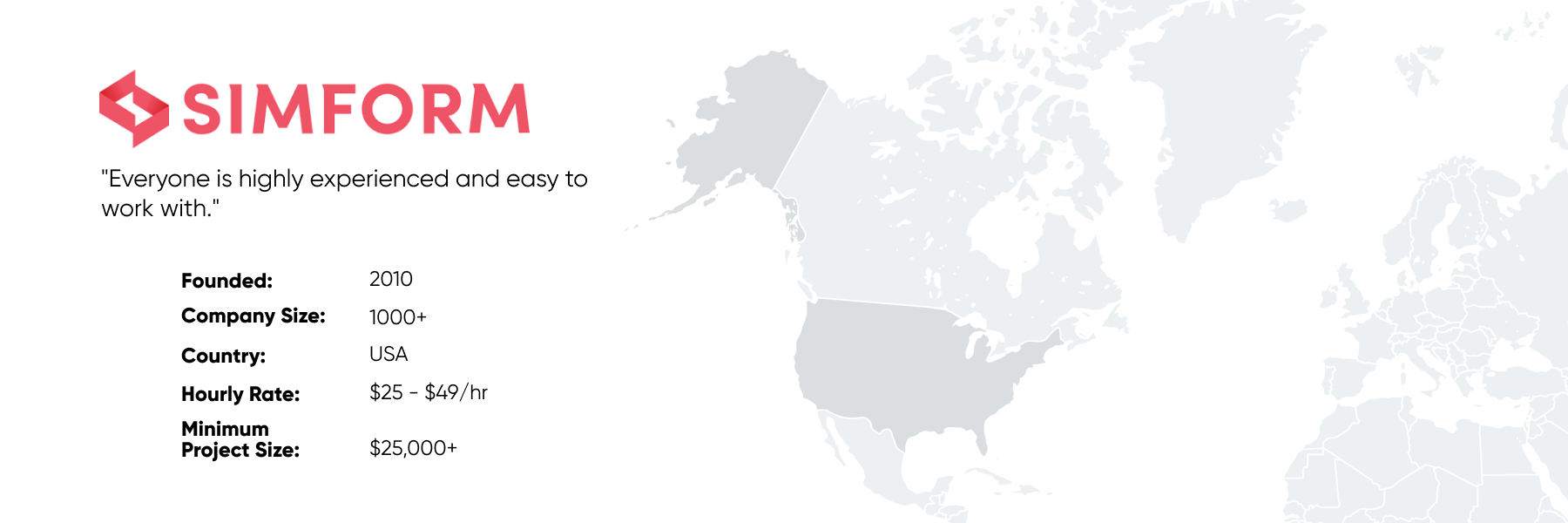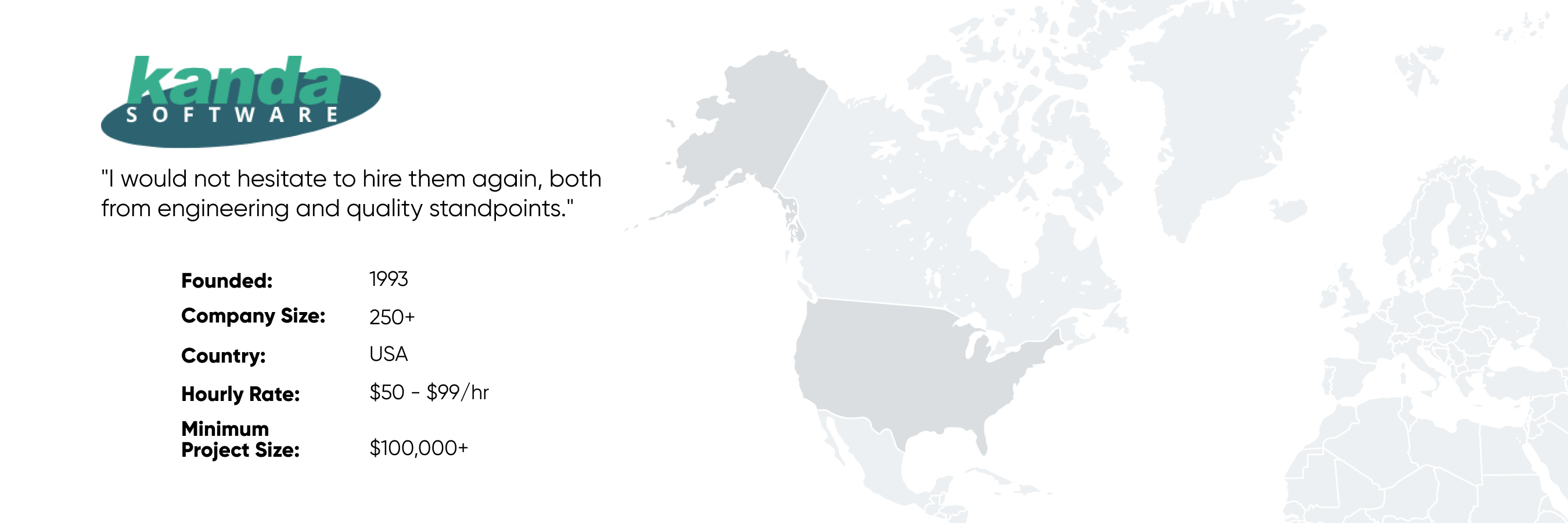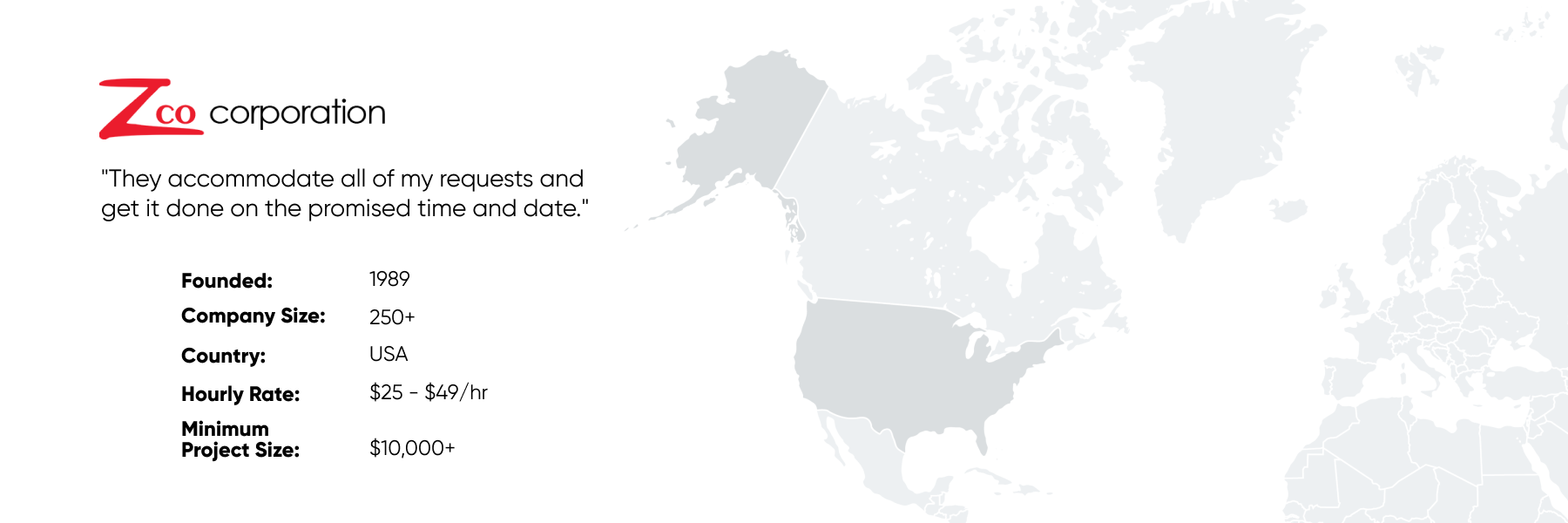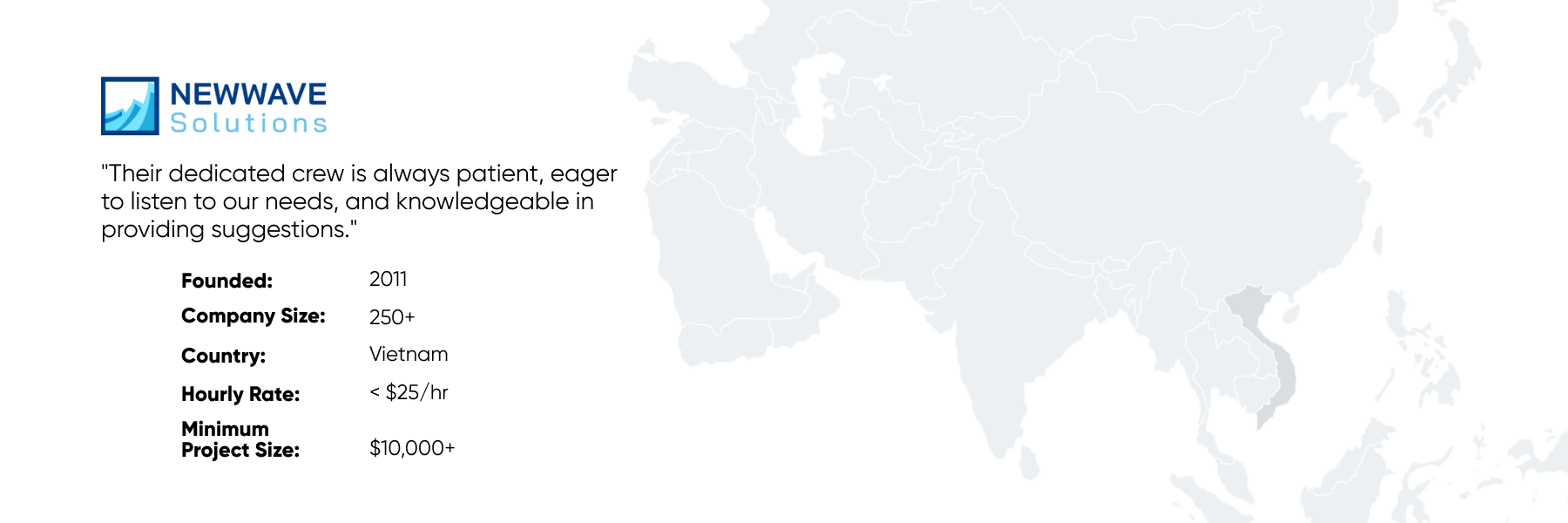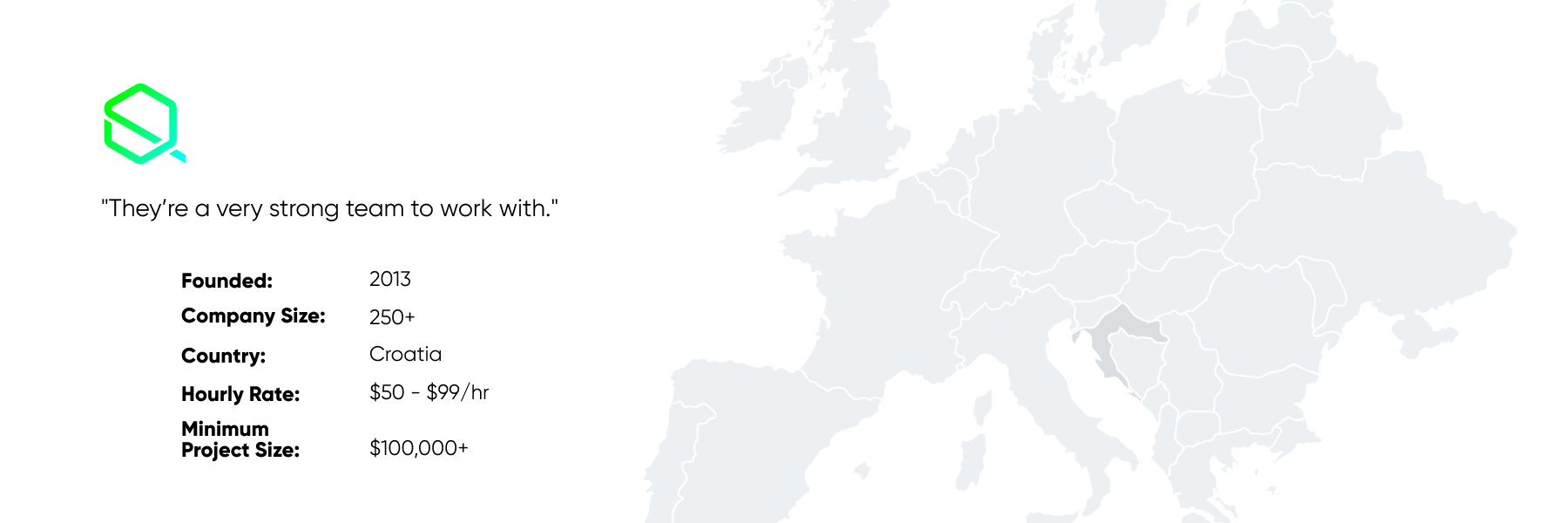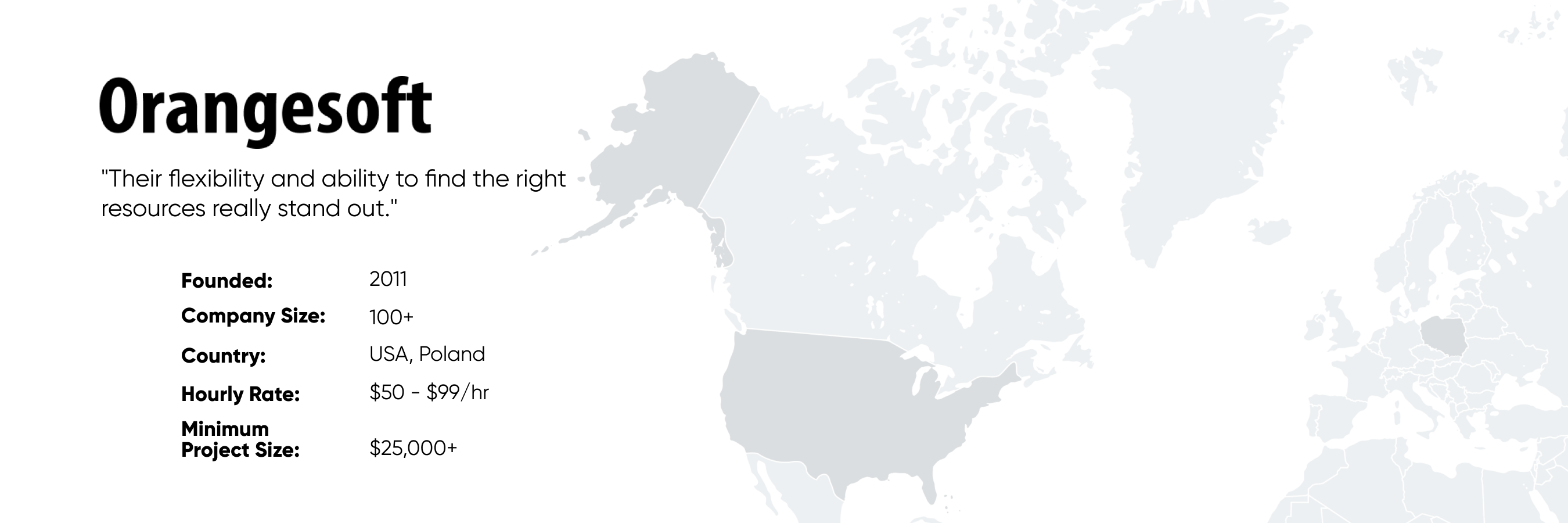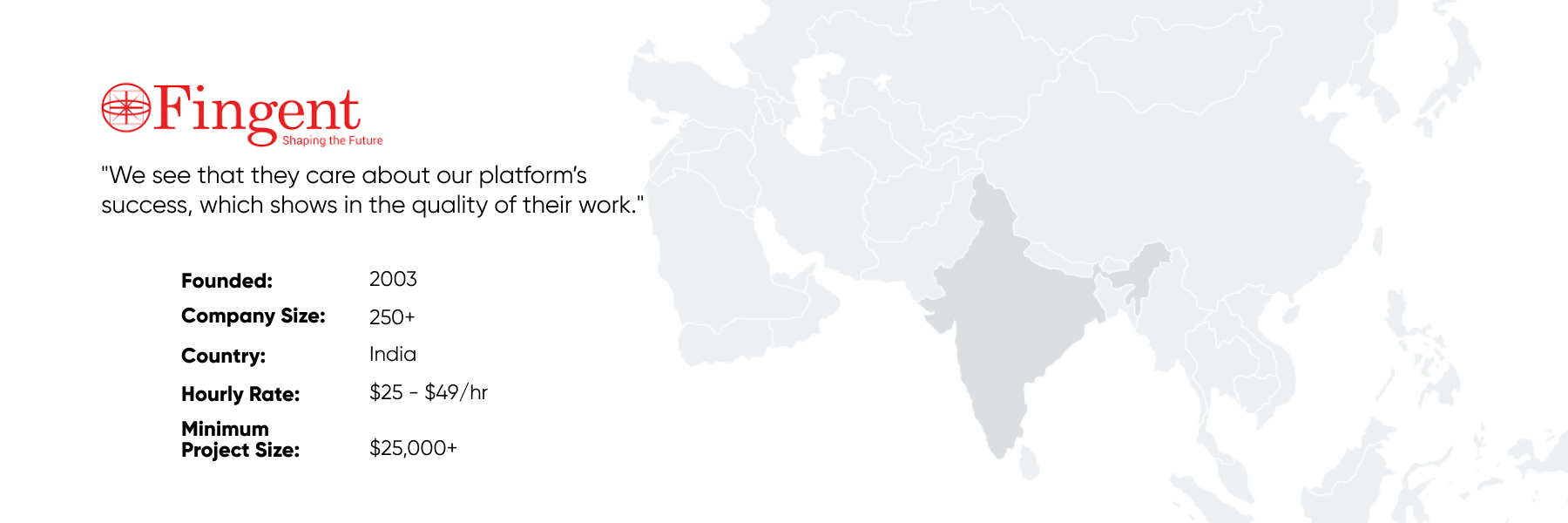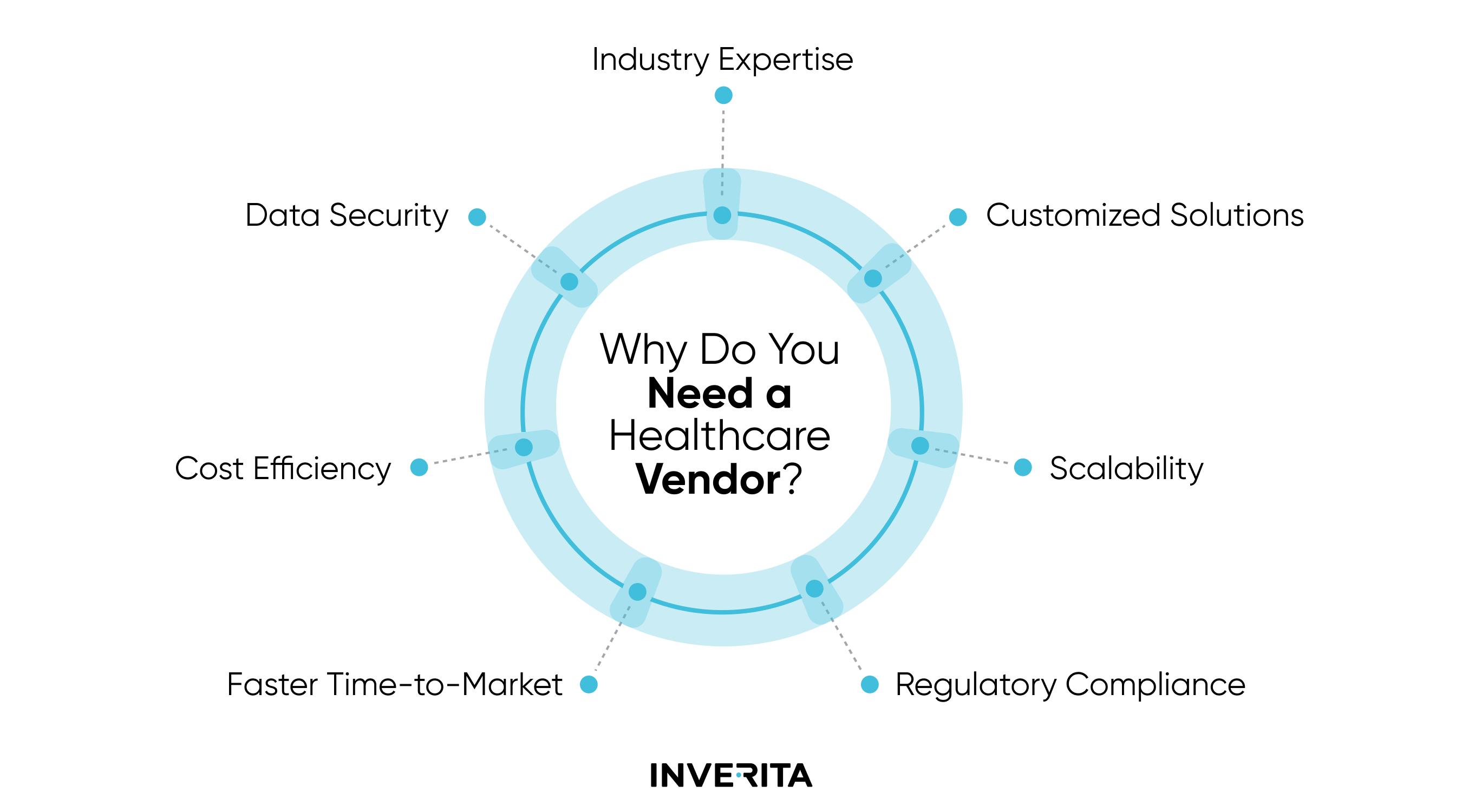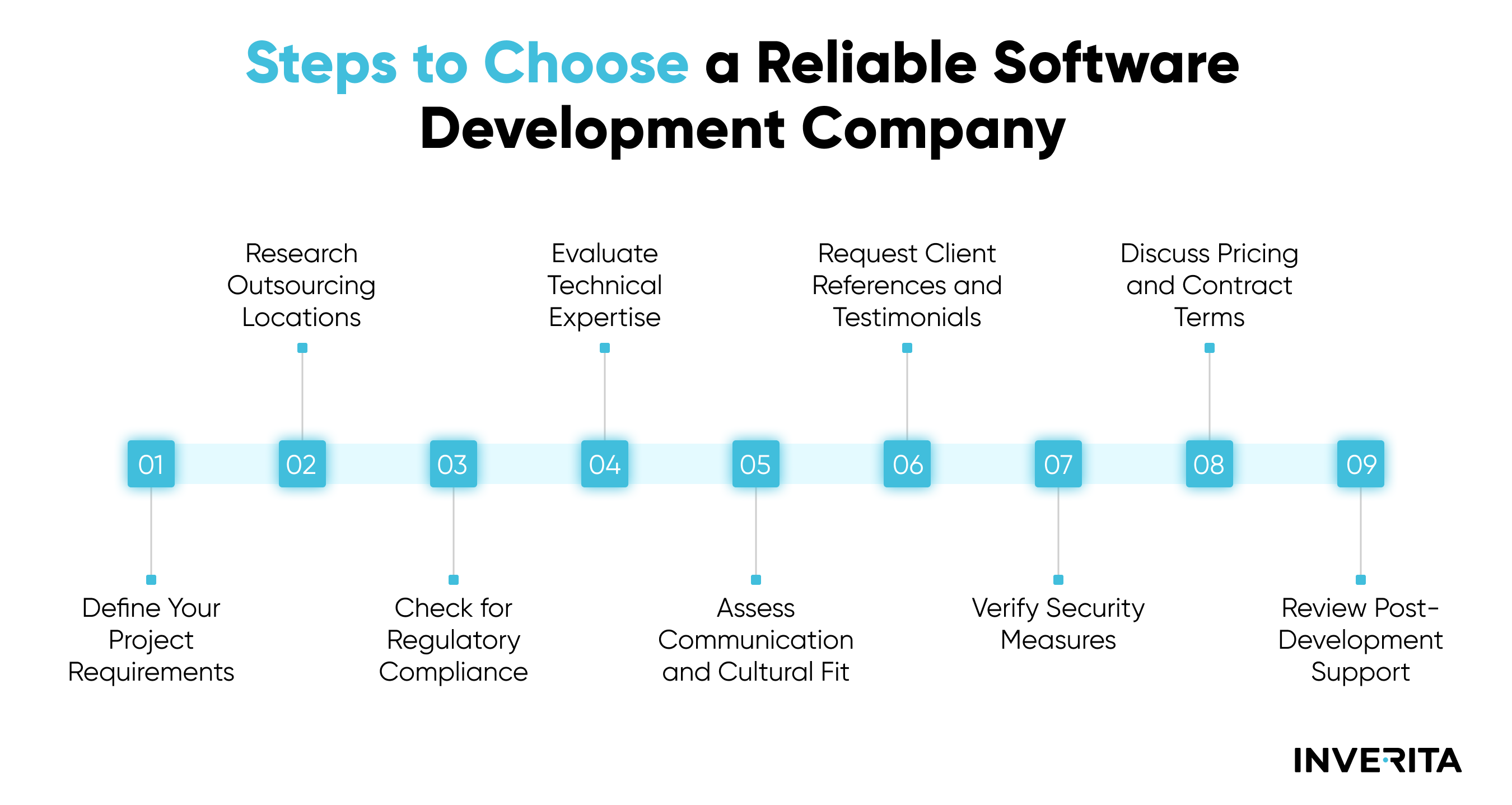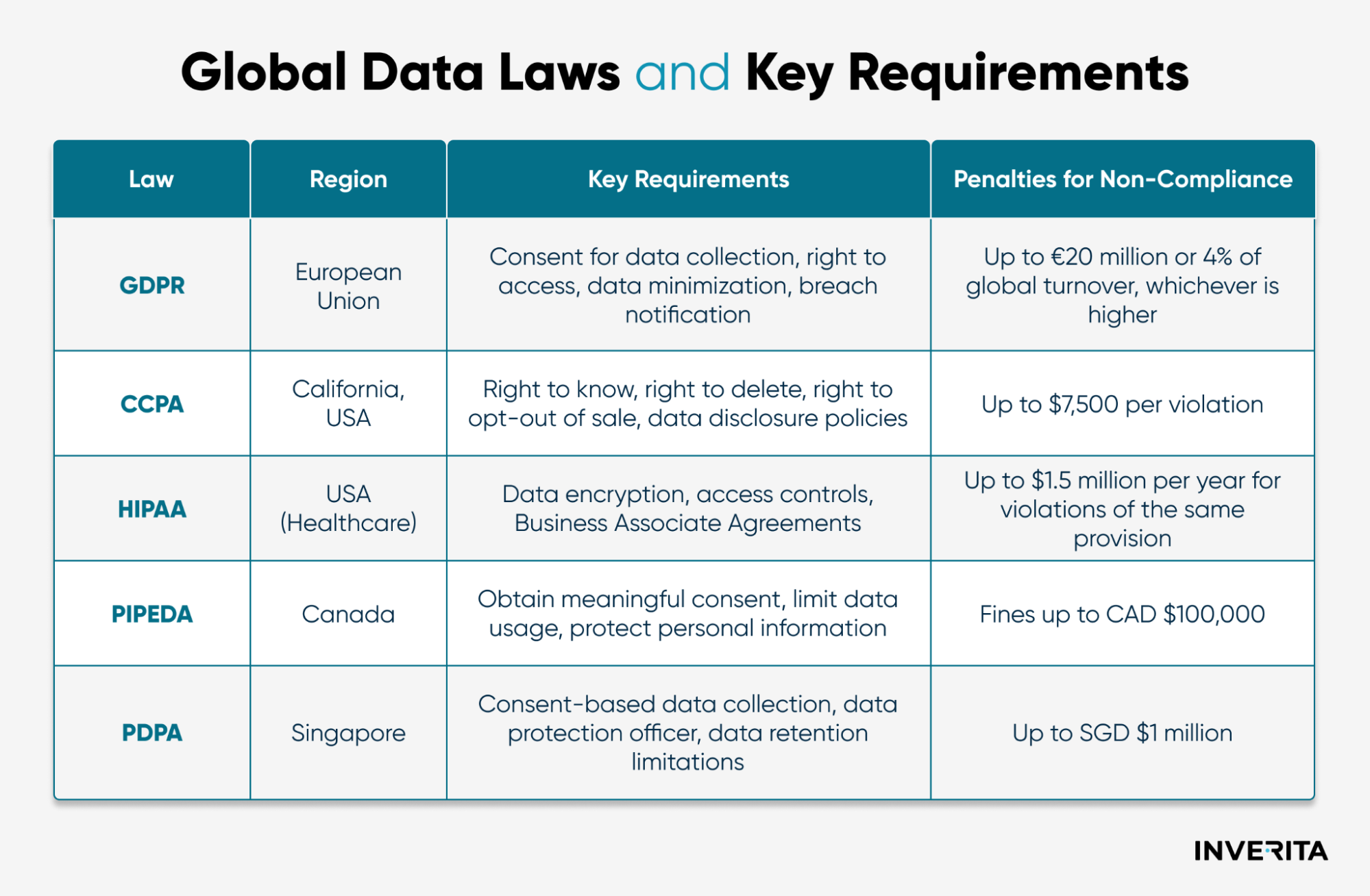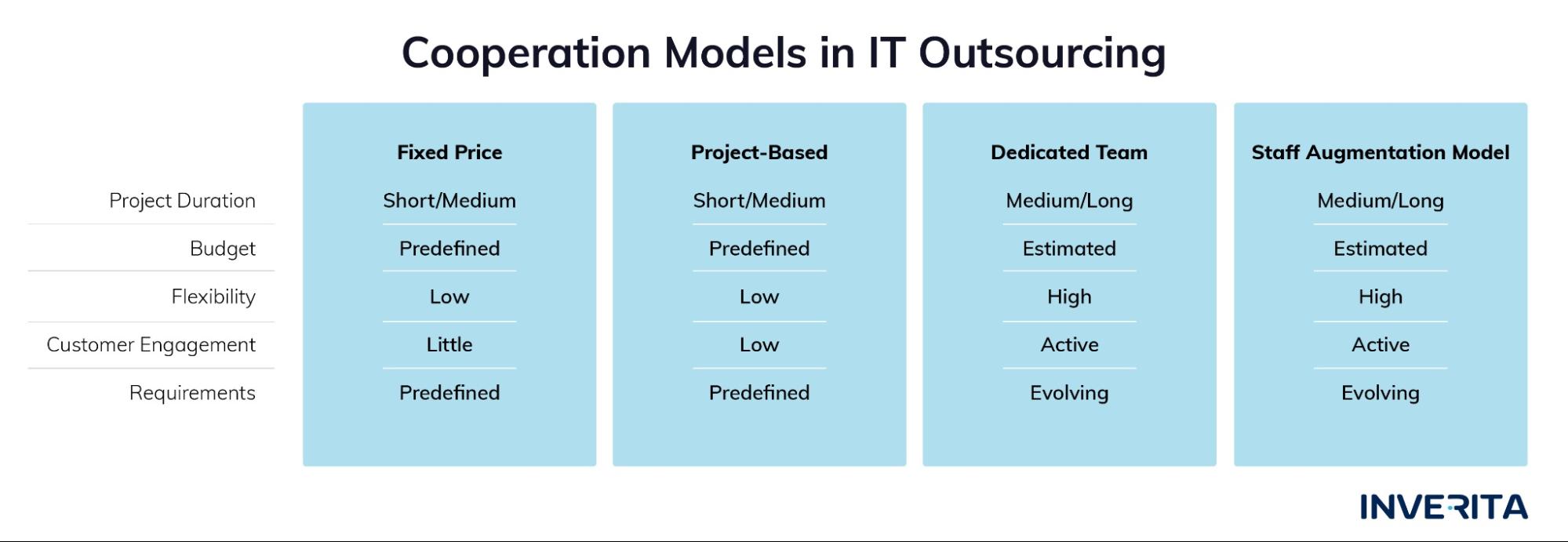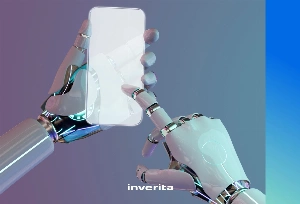# Review Post-Development Support
Finally, ensure that your partner offers ongoing maintenance, updates, and troubleshooting to keep the software running smoothly after launch. This includes fixing bugs, addressing security vulnerabilities, and providing upgrades as technology evolves.
Key Trends in Healthcare Software Development in 2025
The healthcare industry has grown rapidly in recent years, and it’s evolving faster than ever. New technologies, fresh ideas, and greater automation are changing how the field works.
This fast growth is shaping important trends to meet patient needs and tackle global healthcare challenges.
For healthcare development companies, keeping up with these trends is key to creating a solution that makes an impact.
1. Wearable Sensors
Wearable sensors have evolved far beyond step counters. These devices are now pivotal in monitoring vital signs like heart rate, oxygen levels, and respiratory function, offering real-time health insights. Here are some of the popular examples of wearable technologies:
- ADAMM by Health Care Originals tracks respiration, heart rate, and temperature, making it a powerful tool for managing chronic conditions.
- Embrace 2 by Empatica supports epilepsy patients by detecting seizures and alerting caregivers.
- Leaf Sensor by Leaf Healthcare Inc. prevents pressure injuries by monitoring tissue damage and blood flow.
2. Blockchain in Healthcare
Blockchain technology is tackling one of healthcare’s biggest challenges: data security. Estonia is a trailblazer, leveraging blockchain since 2012 to safeguard 95% of its medical records and prescription data.
Applications include:
- Patient Record Management: Blockchain ensures secure, comprehensive access to patient histories without storing raw medical data. Unique hash functions protect confidentiality while maintaining data integrity.
- Supply Chain Transparency: By tracking pharmaceuticals from production to delivery, blockchain prevents counterfeit drugs - a critical issue in developing markets.
- Credential Verification: Blockchain simplifies hiring processes by securely storing medical professionals’ qualifications, ensuring transparency and trust.
3. Virtual Reality (VR)
VR has moved far beyond gaming, becoming a transformative tool in healthcare. It’s reshaping how doctors train, diagnose, and treat patients:
- Surgeons use VR to navigate 3D models of complex procedures, enhancing precision and outcomes.
- Medical students and doctors engage in immersive training scenarios, receiving real-time feedback and building confidence.
- Stress management and physical therapy programs leverage VR to improve mental and physical health.
- Platforms like Oxford Medical Simulation offer training scenarios across specialties, revolutionizing medical education and boosting productivity.
4. Artificial Intelligence (AI)
AI is rapidly accelerating healthcare innovation, from drug development to diagnostics:
- Drug Discovery: AI reduces the time to clinical trials by predicting optimal drug candidates. The first AI-designed drug has already entered trials in China, with more breakthroughs on the horizon.
- Diagnostics: AI-powered devices, approved by the FDA, detect conditions like atrial fibrillation and reconstruct diagnostic images for more accurate results.
- Patient Engagement: Virtual assistants powered by AI provide advice and triage for minor concerns, easing the burden on healthcare providers and improving accessibility in remote areas.
5. Telepsychiatry
Virtual mental health consultations are on the rise, with 37% of mental health visits conducted online by late 2024. This trend addresses critical challenges:
- Growing mental health needs coupled with a shortage of providers.
- Removing barriers like stigma, travel, and time constraints to make mental health support more accessible.
- Through virtual therapy, real-time monitoring, and regular check-ins, telepsychiatry helps individuals seek help before issues escalate, offering a lifeline to underserved communities.
Final Note
The healthcare industry is undergoing rapid transformation, and choosing the right software development partner is key to staying ahead.
By understanding the trends shaping the future of healthcare and assessing potential medical software development firms based on expertise, experience, and technical capabilities, you can make an informed decision that aligns with your business goals.
Ready to take the next step toward developing your healthcare software solution?
Get in touch with inVerita today. 
